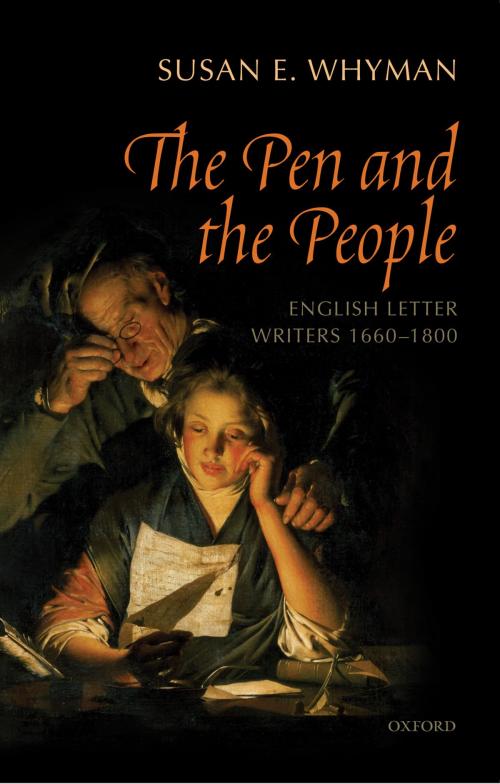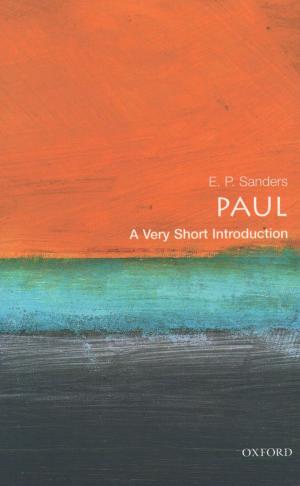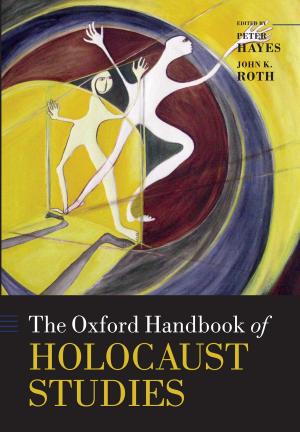The Pen and the People
English Letter Writers 1660-1800
Nonfiction, History, British, Biography & Memoir| Author: | Susan Whyman | ISBN: | 9780191615856 |
| Publisher: | OUP Oxford | Publication: | March 31, 2011 |
| Imprint: | OUP Oxford | Language: | English |
| Author: | Susan Whyman |
| ISBN: | 9780191615856 |
| Publisher: | OUP Oxford |
| Publication: | March 31, 2011 |
| Imprint: | OUP Oxford |
| Language: | English |
Susan Whyman draws on a hidden world of previously unknown letter writers to explore bold new ideas about the history of writing, reading and the novel. Capturing actual dialogues of people discussing subjects as diverse as marriage, poverty, poetry, and the emotional lives of servants, The Pen and the People will be enjoyed by everyone interested in history, literature, and the intimate experiences of ordinary people. Based on over thirty-five previously unknown letter collections, it tells the stories of workers and the middling sort - a Yorkshire bridle maker, a female domestic servant, a Derbyshire wheelwright, an untrained woman writing poetry and short stories, as well as merchants and their families. Their ordinary backgrounds and extraordinary writings challenge accepted views that popular literacy was rare in England before 1800. This democratization of letter writing could never have occurred without the development of the Royal Mail. Drawing on new information gleaned from personal letters, Whyman reveals how the Post Office had altered the rhythms of daily life long before the nineteenth century. As the pen, the post, and the people became increasingly connected, so too were eighteenth-century society and culture slowly and subtly transformed.
Susan Whyman draws on a hidden world of previously unknown letter writers to explore bold new ideas about the history of writing, reading and the novel. Capturing actual dialogues of people discussing subjects as diverse as marriage, poverty, poetry, and the emotional lives of servants, The Pen and the People will be enjoyed by everyone interested in history, literature, and the intimate experiences of ordinary people. Based on over thirty-five previously unknown letter collections, it tells the stories of workers and the middling sort - a Yorkshire bridle maker, a female domestic servant, a Derbyshire wheelwright, an untrained woman writing poetry and short stories, as well as merchants and their families. Their ordinary backgrounds and extraordinary writings challenge accepted views that popular literacy was rare in England before 1800. This democratization of letter writing could never have occurred without the development of the Royal Mail. Drawing on new information gleaned from personal letters, Whyman reveals how the Post Office had altered the rhythms of daily life long before the nineteenth century. As the pen, the post, and the people became increasingly connected, so too were eighteenth-century society and culture slowly and subtly transformed.















